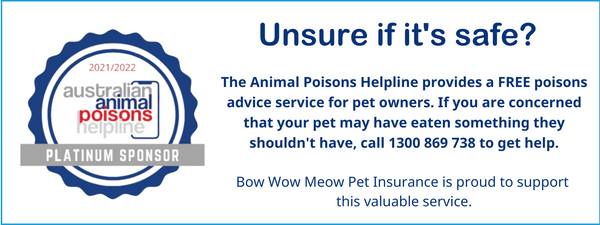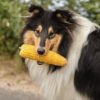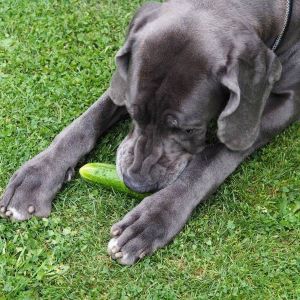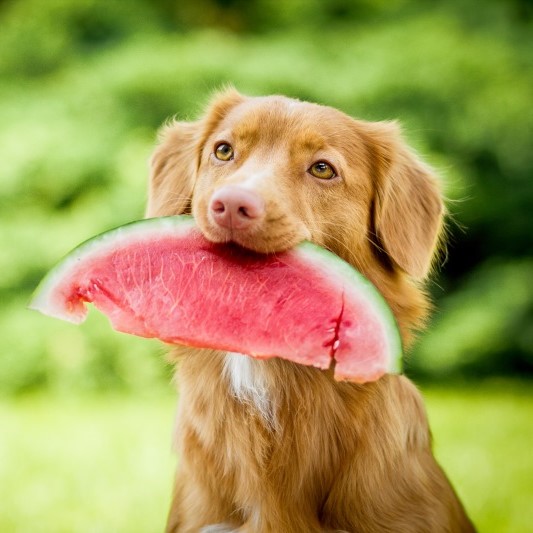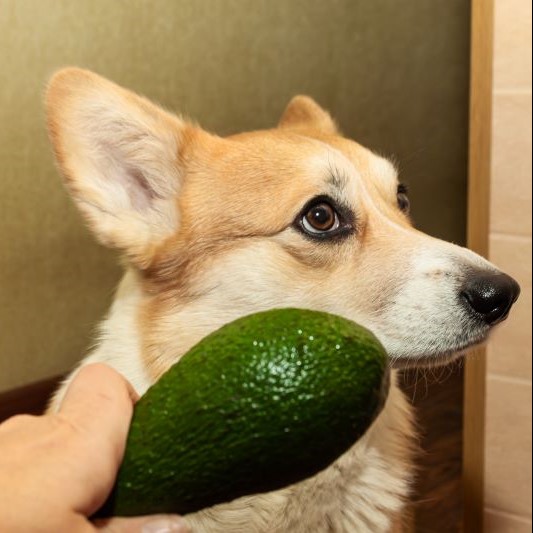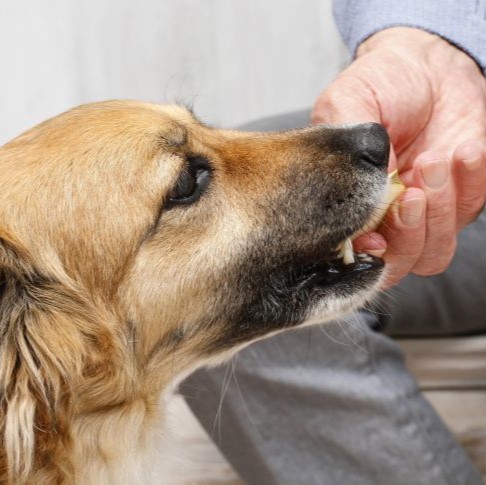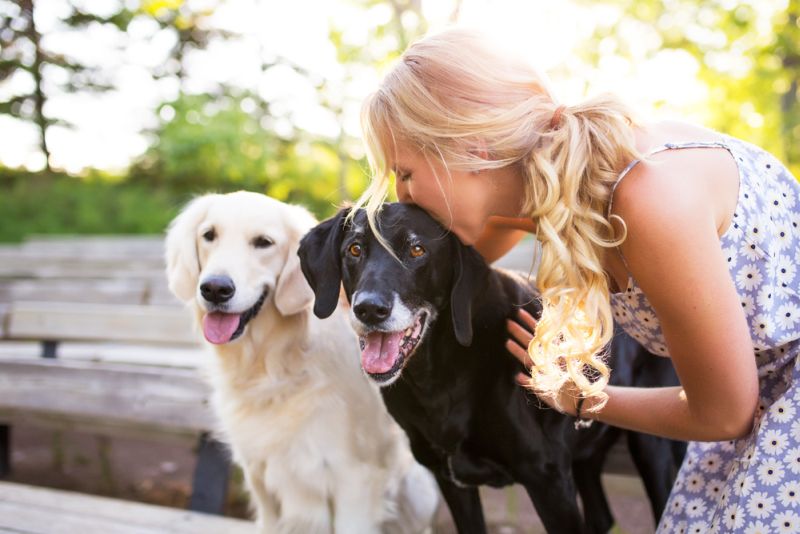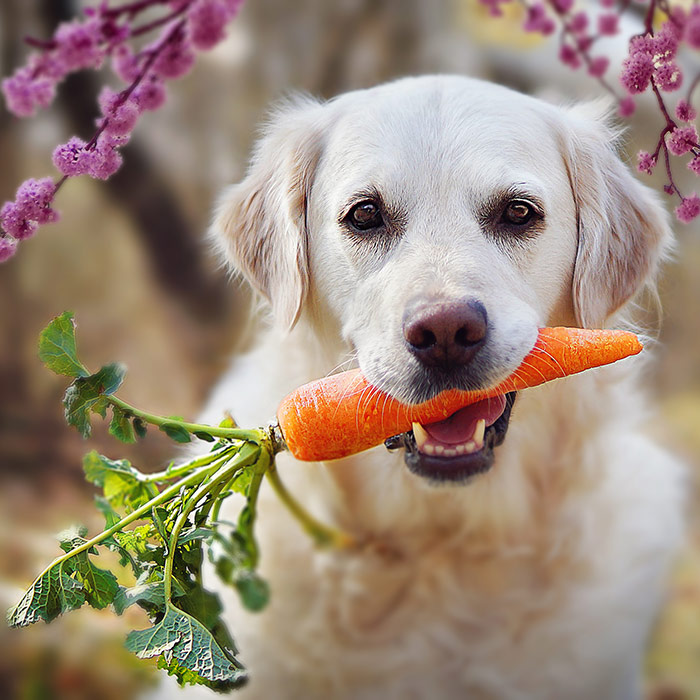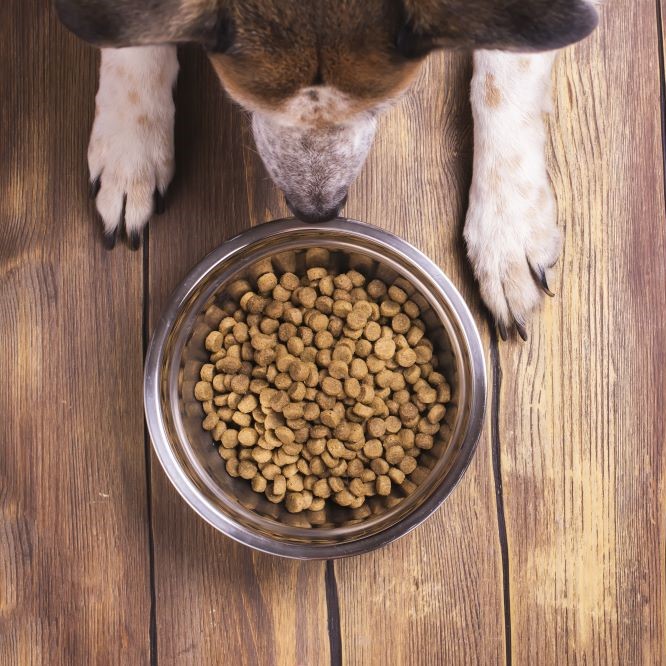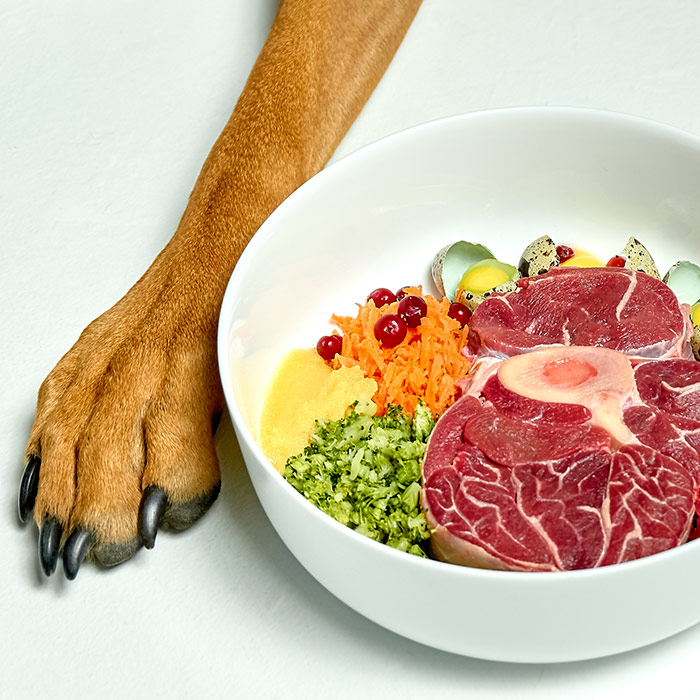Can dogs eat cheese? Everything you need to know
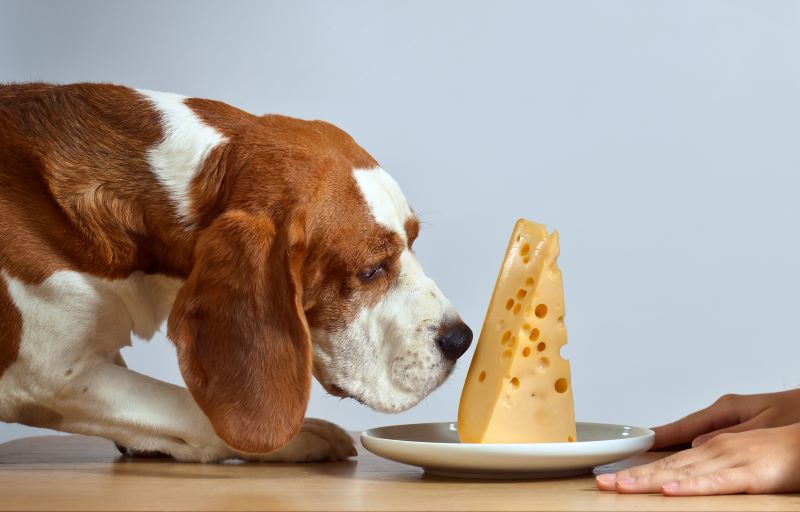
Can dogs eat cheese?
Yes, many dogs can eat cheese. Cheese is not toxic for dogs. In fact, most dogs love cheese and will do just about anything for it; therefore, cheese is a high value treat that can be used very effectively as a training tool.
Is cheese good for dogs?
Cheese is a safe and healthy snack for most dogs when eaten in moderation. In general, cheese is a good source of protein and calcium, and it also contains some important vitamins and minerals. However, cheese can be harmful to dogs if ingested in large amounts or if they suffer from certain health conditions. In these cases, it may be best to avoid cheese altogether or to have only small amounts as an occasional treat.
Can dogs eat cheese if they have lactose-intolerance?
In general, most types of cheese are relatively low in lactose because lactose is converted into lactic acid during the cheese-making process. Although most dogs are lactose intolerant (i.e., their bodies do not completely digest dairy products), many are able to tolerate at least some types of cheese. Not all cheeses will have the same effect on all dogs; it depends on various factors, including the type of cheese, the brand and the manufacturing process.
Hard yellow cheeses like cheddar cheese, parmesan and Swiss cheese are considered a low lactose cheese and are generally tolerated better by lactose intolerant dogs, while white cheeses like cottage cheese, feta and cream cheese tend to have slightly higher amounts of lactose and may be less well tolerated. For some dogs, cheeses made from cow’s milk may have a more severe effect than goat cheese.
Can dogs eat cheese if they have a problem with weight gain?
Cheese has a high fat content, so if dogs eat too much cheese on a regular basis they could potentially gain an unhealthy amount of weight over time. A high fat diet is also thought to contribute to pancreatitis in dogs, a serious health condition that is often accompanied by an upset stomach.
Dogs who have a tendency to gain weight and those who have been placed on low-fat prescription diets by a veterinarian should only eat a small amount cheese as an occasional treat, preferably low fat cheese such as cottage cheese, mozzarella or soft goat cheese.
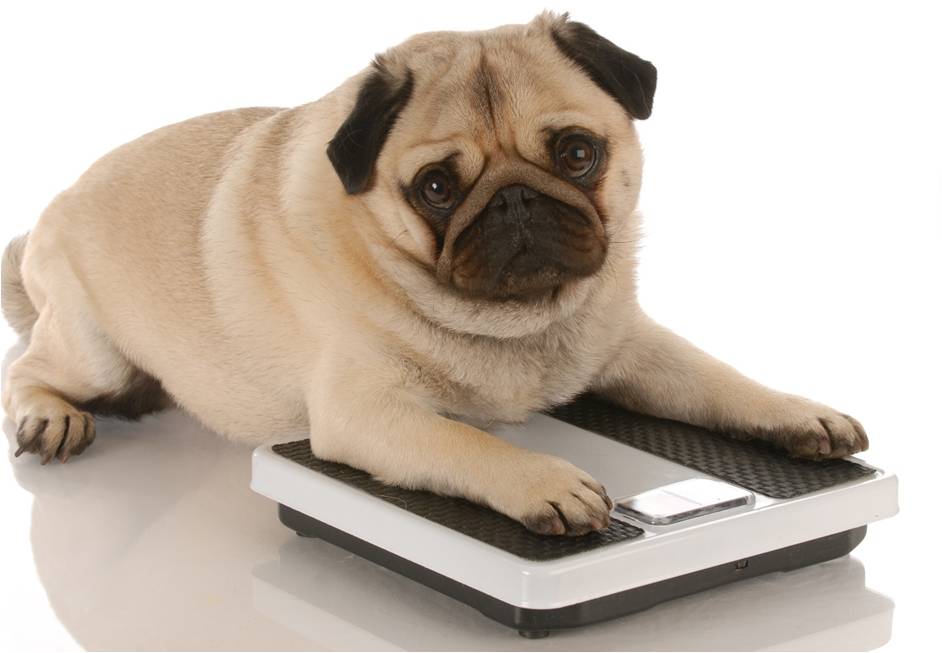
Can dogs eat cottage cheese?
Yes, cottage cheese is a good choice for some dogs. It is a low fat cheese and it is also lower in fat and sodium than many other types of cheese. However, cottage cheese is a dairy product that contains higher amounts of lactose than most hard yellow cheeses, so it may cause stomach upset in dogs with more severe lactose intolerance.
How to feed a dog cheese
- Cut up hard cheeses into bite size pieces or thin slices
- Feed a few pieces to your dog
- Or, add a few small pieces of cheese to your dog’s regular food
How much cheese can my dog eat?
Dogs should be given cheese in moderation, taking the dog’s size, activity level and overall health into consideration. Also consider all the other treats that your dog may eat or have eaten that day, as these should comprise only 10% of your dog’s overall diet.
Some dogs may be more sensitive to cheese than others, and may suffer stomach upset after eating it (or eating too much of it). If this happens to your dog, it’s best to avoid cheese and to contact your vet for further advice.
The nutritional benefit of cheese for dogs
In general, cheese is a good source of several essential nutrients, including:
- Protein
- Calcium
- Vitamins A, D and B12
- Phosphorus
- Zinc
Cheese recipes for dogs
Cheese and tomato biscuits
Ingredients:
- One cup shredded cheese (such as cheddar or mozzarella)
- One ripe tomato, diced
Other requirements:
Baking tray, baking paper
Method:
- Combine the shredded cheese and diced tomato in a bowl and mix well.
- Use a spoon to place small scoops of the mixture onto the lined baking tray 2 to 3 cm apart and flatten them to biscuit size with the back of the spoon.
- Bake in the oven at 170°C for around 10 minutes, or until the cheese is melted and lightly browned.
- Remove from oven and cool completey before giving one or two to your dog.
- Store the remainder in an airtight container.
The risks of dogs eating cheese
Giving your dog cheese may cause a stomach upset, especially if your dog is not used to it. Always introduce a new food slowly and monitor for any signs of allergies or other ill effects. If your dog has a sensitive stomach, you can try feeding just a little cheese to see if it causes any reaction.
Don’t give your dog cheese that contains ingredients that are toxic to dogs, such as onion, garlic or chives, or spices such as pepper or chillies.
Because of its high fat content, don’t give cheese to dogs suffering from pancreatitis or who are overweight or obese.
Too many treats in your dog’s diet can cause health problems over the long term, including obesity and diabetes. Treats, including healthy ones like cheese, should only comprise 10% of your dog’s diet, and are best avoided altogether in dogs that are overweight, diabetic and/or on a prescription diet. Always consult your vet for nutritional advice if you are unsure.
“Can dogs eat…?” series
A pet insurance policy with Bow Wow Meow will help ensure you can always afford to give your pet the best treatment, whatever your budget.
-
Find out more about our dog insurance options
-
Find out more about our cat insurance options
-
Get an instant online pet insurance quote



